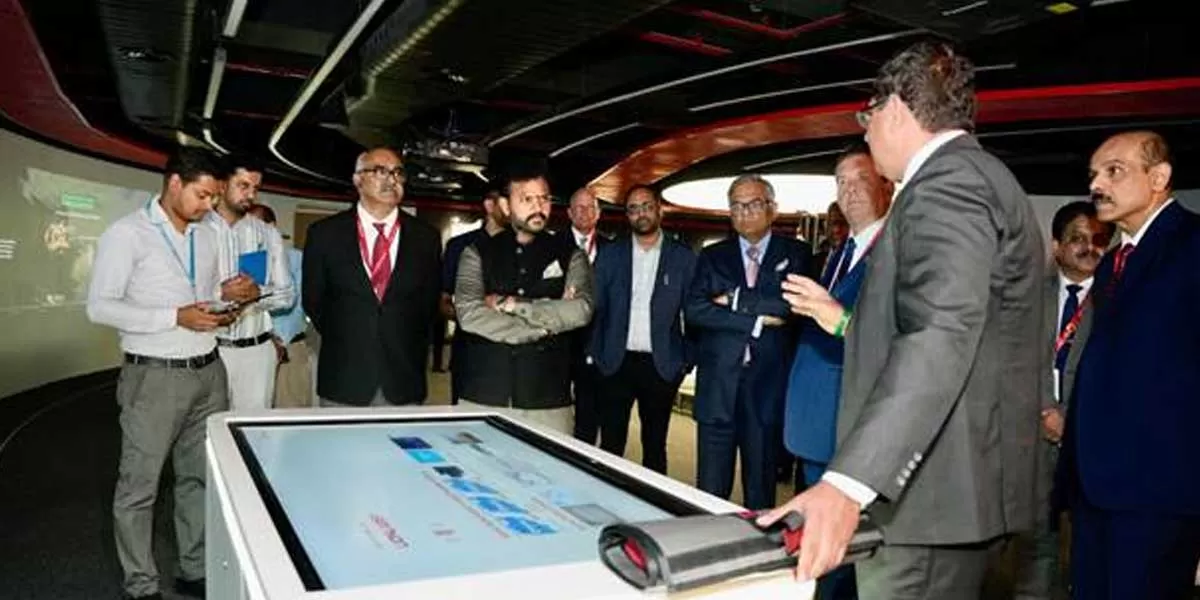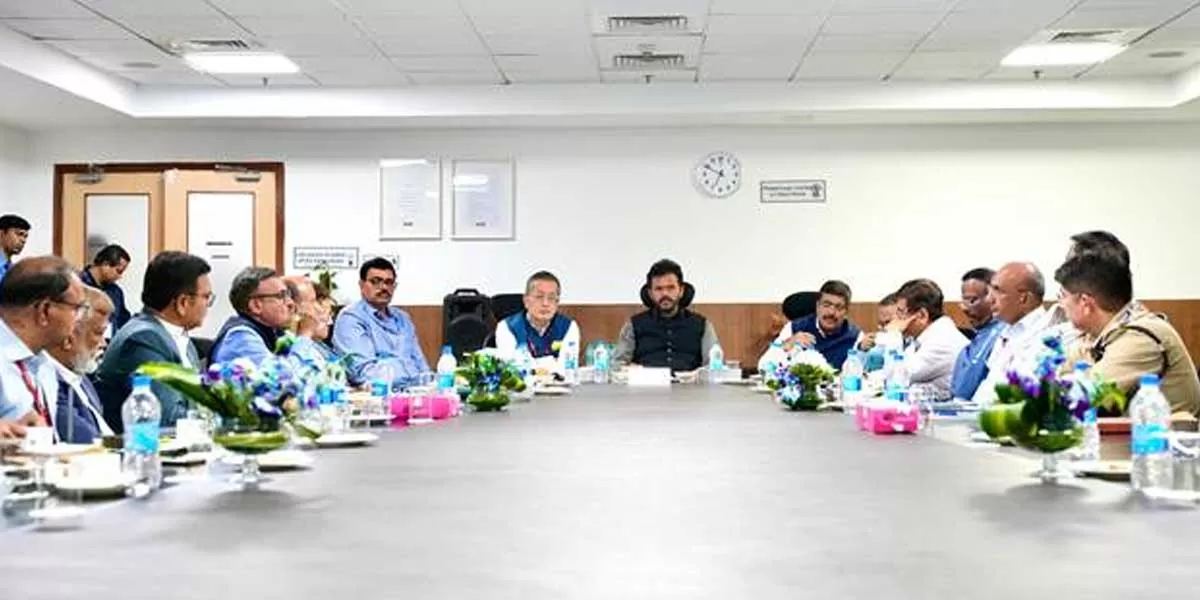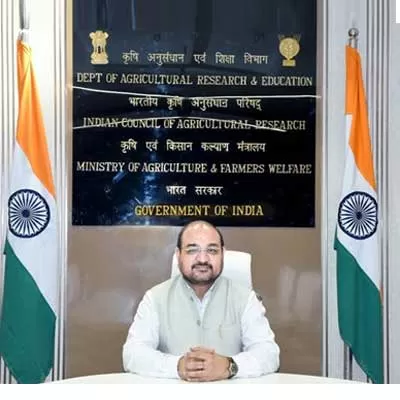
Solar, wind and thermal energy help meet India's summer power demand

Aviation Minister Unveils Air India Gurugram Safety Promotion Centre
Union Civil Aviation Minister Shri Ram Mohan Naidu visited Air India’s headquarters and training facilities in Gurugram, reaffirming the government’s focus on enhancing safety, training, and operational excellence in Indian aviation.During his visit, the Minister toured the Air India Experience Centre, highlighting the airline’s 92-year journey and its transformation under Vihaan.AI. He also reviewed critical infrastructure such as the Emergency Control Centre (ECC) and the Integrated Operations Control Centre (IOCC)—key hubs for ensuring operational resilience and punctuality.At the A..

Civil Aviation Minister Reviews Delhi Airport Runway Upgrade Progress
Union Civil Aviation Minister Shri Ram Mohan Naidu chaired a high-level stakeholder meeting at Delhi Airport to assess the operational challenges arising from the upgradation of runway 10/28 and the impact of unexpected westerly winds. Attendees included officials from the Ministry of Civil Aviation, Airports Authority of India (AAI), DGCA, Delhi International Airport Limited (DIAL), airline representatives, and CISF personnel.The Minister emphasised the need to minimise disruptions to passenger movement and airline operations, urging all stakeholders to engage in collaborative and comprehensi..

Dr Mangi Lal Jat Appointed as Secretary, DARE and DG, ICAR
Dr Mangi Lal Jat, a renowned agronomist and global expert in sustainable agriculture, has officially taken charge as the Secretary of the Department of Agricultural Research and Education (DARE) and Director General of the Indian Council of Agricultural Research (ICAR). The appointment, approved by the Appointments Committee of the Cabinet, is for a tenure of three years.Prior to this, Dr Jat served as Deputy Director General (Research) and Director of the Global Research Program at ICRISAT, Hyderabad. With over 25 years of experience in agronomy, climate-resilient agriculture, and conservatio..














